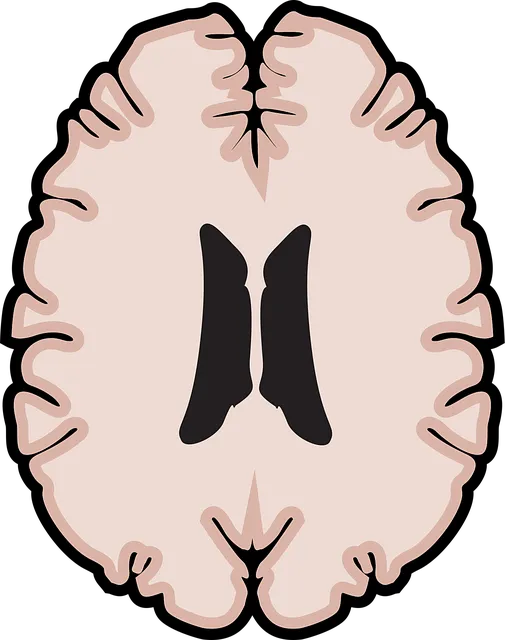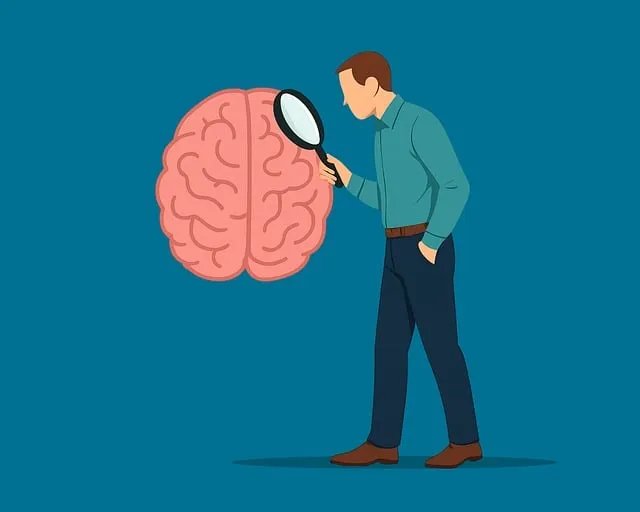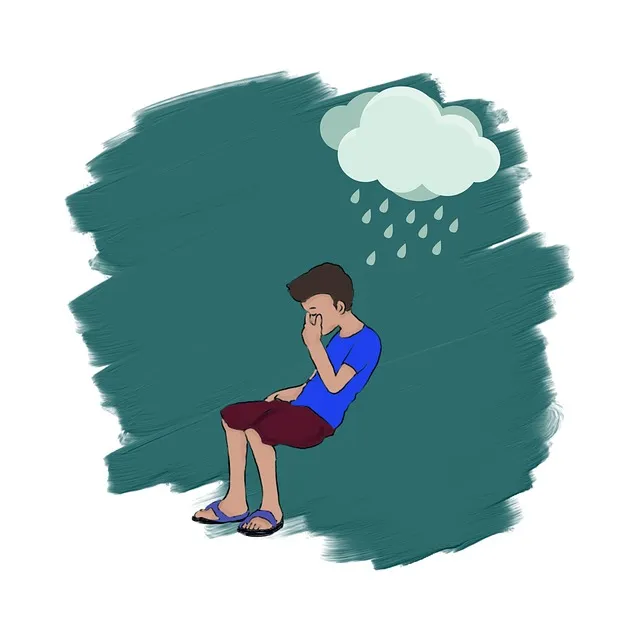The Lone Tree Kaiser Permanente behavioral health center prioritizes patient safety and treatment outcomes through comprehensive risk assessment and management. Mental health professionals utilize detailed evaluations, personalized strategies, and proactive measures like stress management and self-care coaching to create a supportive environment. Cultural competency training caters to the diverse patient population, ensuring effective communication and tailored care. Crisis intervention guidance and social skills training further enhance patient outcomes. The center also supports mental health professionals with specialized services, including coaching, exercises for self-awareness, and peer support groups, addressing their unique well-being needs.
Mental health professionals, despite their dedication, face unique risks in their line of work. This article delves into comprehensive risk assessment practices tailored to settings like the Lone Tree Kaiser Permanente Behavioral Health Center. We explore challenges specific to these environments and present effective strategies for managing them. From understanding risk assessment fundamentals to implementing ongoing monitoring and support, this guide offers essential insights for prioritizing the well-being of mental health professionals.
- Understanding Risk Assessment in Mental Health Settings
- Unique Challenges at the Lone Tree Kaiser Permanente Behavioral Health Center
- Strategies for Effective Risk Management
- Ongoing Monitoring and Support for Mental Health Professionals
Understanding Risk Assessment in Mental Health Settings

Risk assessment is a vital process in mental health settings, enabling professionals to identify and mitigate potential hazards that may impact patient well-being and treatment outcomes. At the Lone Tree Kaiser Permanente behavioral health center, this involves a comprehensive evaluation of various factors unique to each individual and the therapeutic environment. By understanding a patient’s history, current circumstances, and potential triggers, mental health professionals can create tailored strategies for managing risks effectively.
This process goes beyond simply identifying dangers; it encompasses developing preventive measures, such as Stress Management techniques, Mental Wellness Coaching Programs, and fostering Self-Care Routine Development for Better Mental Health. These proactive approaches are crucial in creating a safe and supportive space, ensuring patients receive the best possible care within the confines of the behavioral health center and empowering them to maintain their mental wellness outside these settings.
Unique Challenges at the Lone Tree Kaiser Permanente Behavioral Health Center

The Lone Tree Kaiser Permanente Behavioral Health Center faces unique challenges due to its specialized focus on mental health services. Situated in a rapidly growing suburban community, the center caters to a diverse patient population with varying cultural backgrounds and needs. This demographic complexity necessitates a robust approach to healthcare provider cultural competency training. By equipping staff with the skills to navigate cultural nuances, the center ensures effective communication and personalized care for every patient.
Furthermore, the center’s frontline professionals are frequently engaged in crisis intervention situations, demanding rapid response and calm decision-making abilities. Crisis intervention guidance plays a pivotal role in these high-pressure scenarios, enabling providers to offer immediate support while assessing long-term treatment plans. Additionally, integrating social skills training into the professional development curriculum enhances the center’s ability to foster supportive and inclusive environments, ultimately contributing to improved patient outcomes.
Strategies for Effective Risk Management

Mental health professionals at the Lone Tree Kaiser Permanente behavioral health center understand that managing risks is a multifaceted process. Effective risk management involves a combination of proactive strategies and continuous evaluation. One key approach is to foster Coping Skills Development among clients, ensuring they are equipped with tools to navigate challenging situations and reduce potential risks. By promoting Emotional Intelligence, professionals can better understand client behaviors and anticipate triggers, enabling early interventions.
Additionally, implementing robust Self-Care Practices within the clinic setting is vital. These practices not only support mental well-being but also enhance the professional’s ability to provide consistent care. Through regular self-care routines, staff can maintain resilience, reducing the risk of burnout and improving overall effectiveness in managing client risks.
Ongoing Monitoring and Support for Mental Health Professionals

Mental health professionals, much like their patients, require ongoing support and monitoring to maintain their well-being. At the Lone Tree Kaiser Permanente behavioral health center, we understand the unique challenges these individuals face in their line of work. This is why our center offers specialized services tailored to address the specific needs of mental health professionals.
We provide a range of resources including Mental Wellness Coaching Programs Development, Self-Awareness Exercises, and Confidence Boosting initiatives designed to help them manage stress, prevent burnout, and enhance their resilience. Through these programs, professionals can gain valuable tools to navigate the emotional demands of their jobs while fostering healthier work environments. Regular check-ins and support groups facilitate open discussions, allowing peers to share experiences and offer encouragement, ultimately creating a sense of community and solidarity within the profession.
Mental health professionals, like those at the Lone Tree Kaiser Permanente Behavioral Health Center, face unique risks in their daily practice. Effective risk assessment is crucial for identifying potential hazards and implementing tailored strategies. By combining robust risk management techniques with ongoing monitoring and support, mental health providers can create a safer working environment, enhance patient care, and foster resilience within their teams. This comprehensive approach ensures that both professionals and clients at facilities like Lone Tree Kaiser Permanente Behavioral Health Center thrive in a supportive and secure setting.






